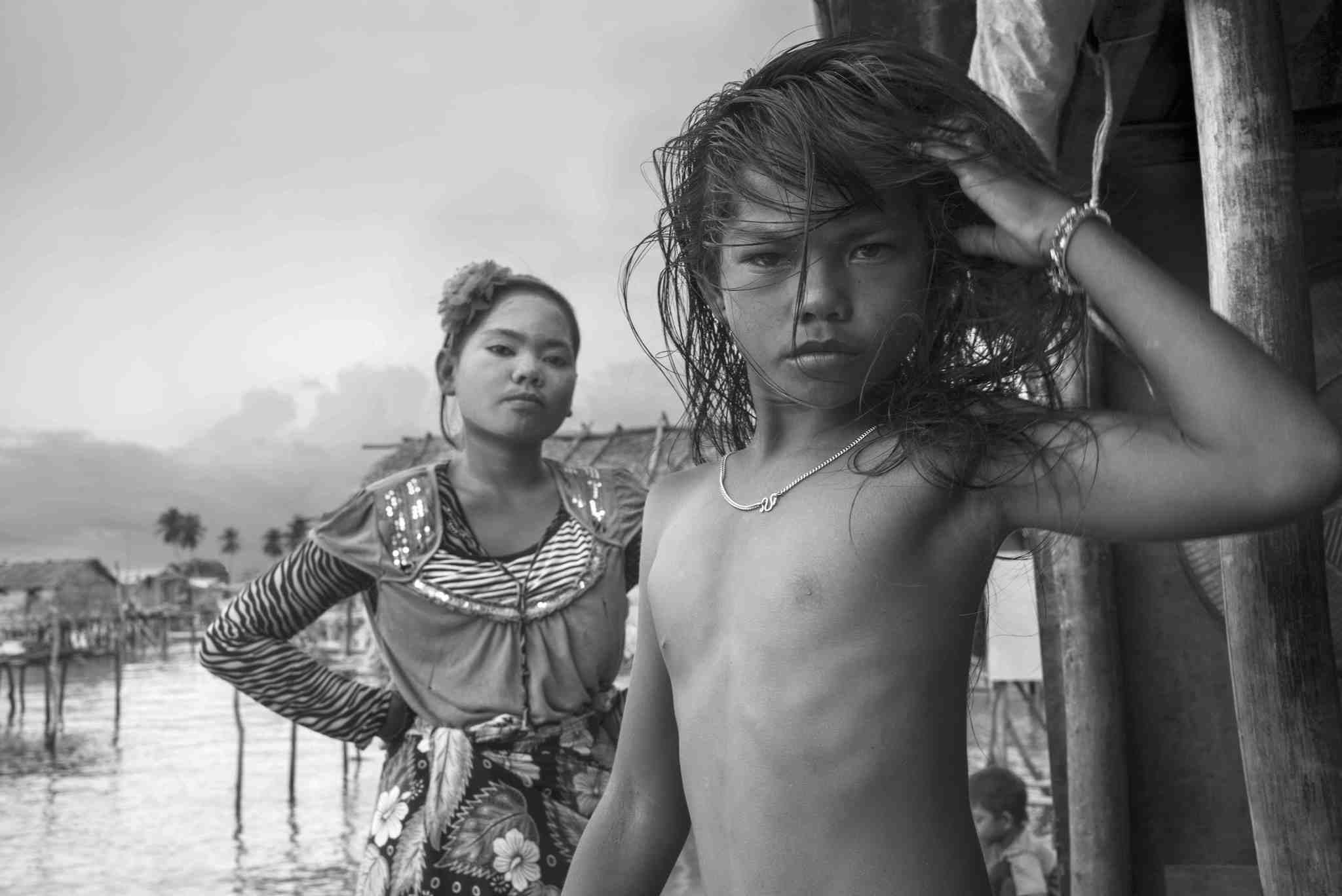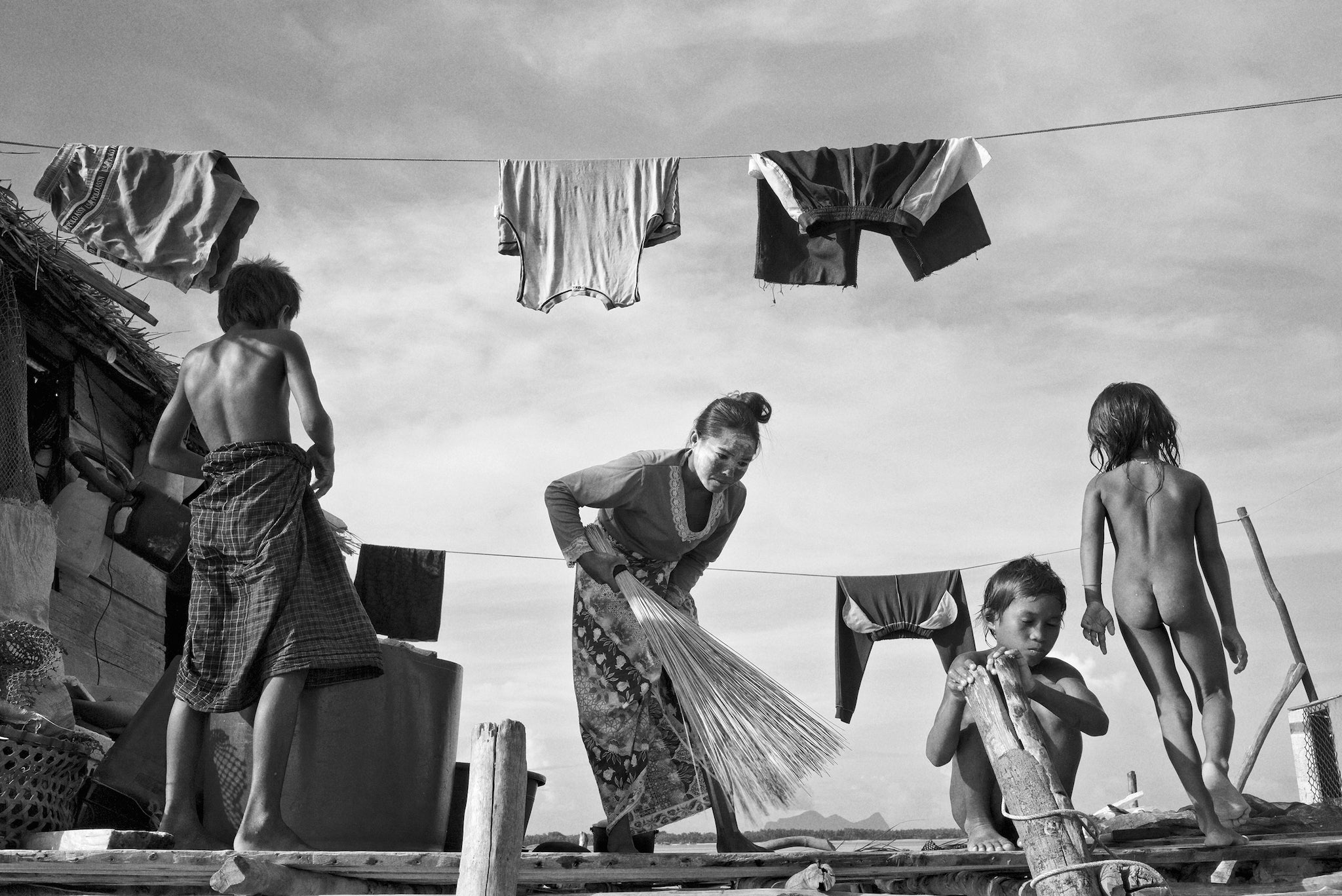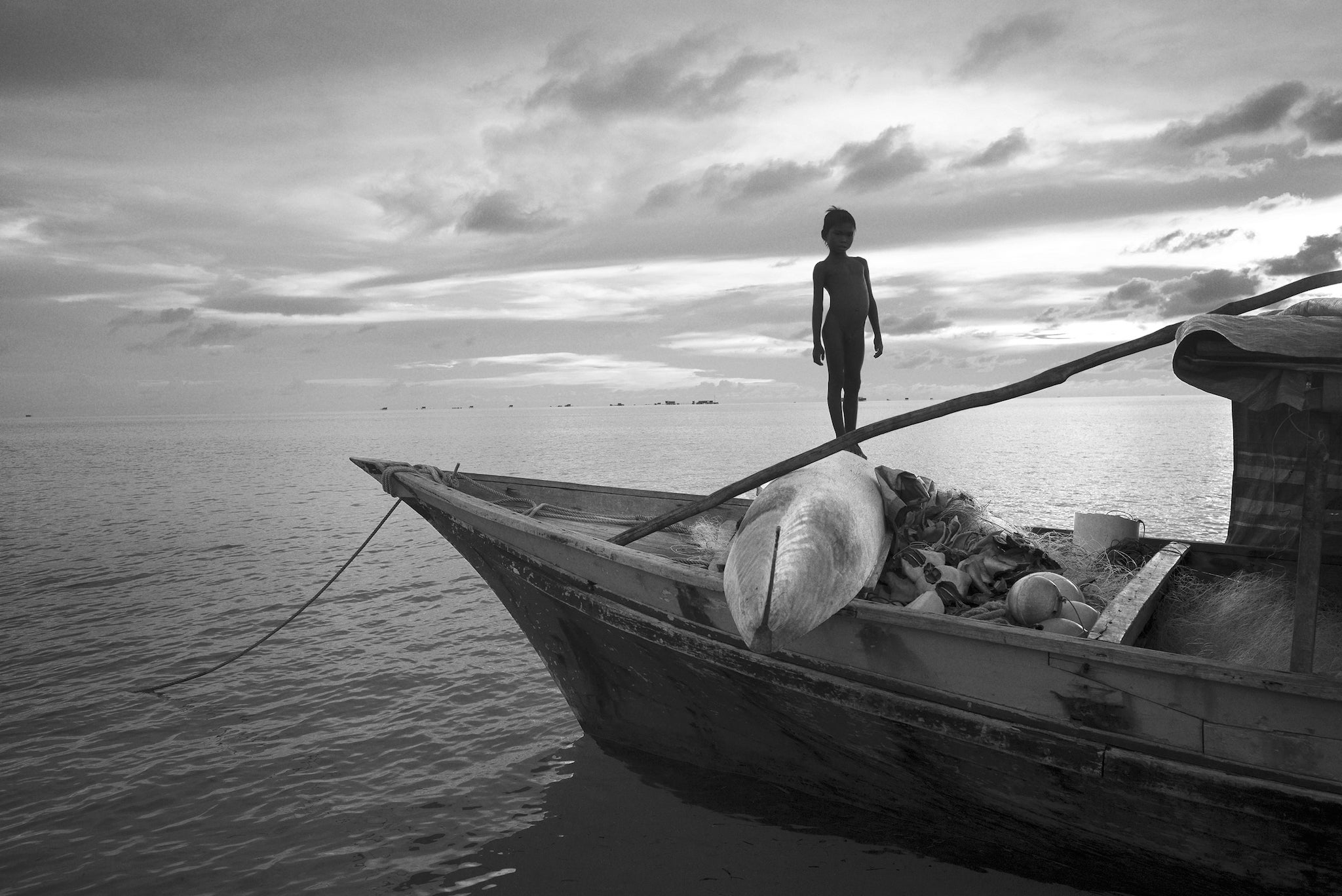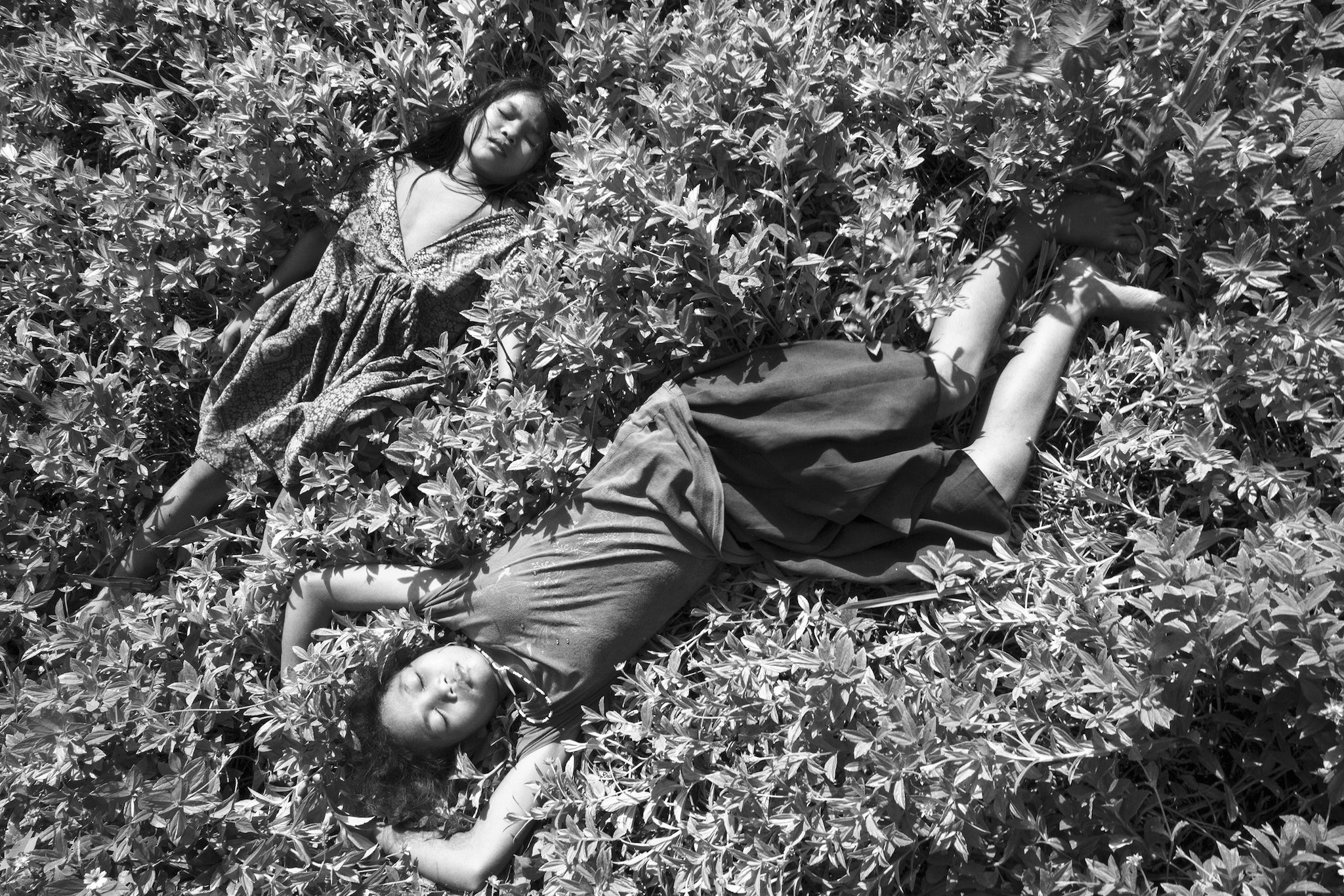Souveraines: Stunning photographs capture what societies run by women look like
‘Isolated matriarchies are astonishingly progressive’

Societies where women are either dominant or have entirely equal status with men have been documented by important contemporary photographer, Pierre de Vallombreuse, who is known for his work with indigenous peoples.
De Vallombreuse visited four remote South-East Asian cultures where women play a central and decisive role in governance.
Untouched by globalisation and technology, these isolated regions are, he believes, models for societies where being a woman is not a battle - a stark reversal of the patriarchies that are usual in the West.


The photographer was astonished by how progressive such cultures can be - and how the mutual respect between sexes put even the huge leaps made toward equality in the past century in Europe to shame.
He visited the Khasi, a matrilineal and matrilocal (meaning married couples live with the wife's parents) culture of North-East India where children bear the name of their mother and the youngest daughter inherits all the family property.
De Vallomebreuse also visited the matriarchal Moso society in China where women are the law-makers and the care and education of children is entrusted to maternal uncles.
The apparently idyllic lives of children in Palawan society, a tribe in the Philippines, where men and women live wholly equally and where notions of goodwill, generosity and helping neighbours are key to how people function, have also been captured by De Vallombruese's camera.

The photographer also took a series of portraits of the Badjao in Malaysia, a peoples who have abolished all forms of hierarchy and advocate an egalitarian and libertarian civilisation.
An exhibition of 40 pictures from his encounters with these cultures, coinciding with the publication of a book also called Souveraines, opens at Galerie Argentic, Paris on 13th October.
Join our commenting forum
Join thought-provoking conversations, follow other Independent readers and see their replies
Comments
Bookmark popover
Removed from bookmarks